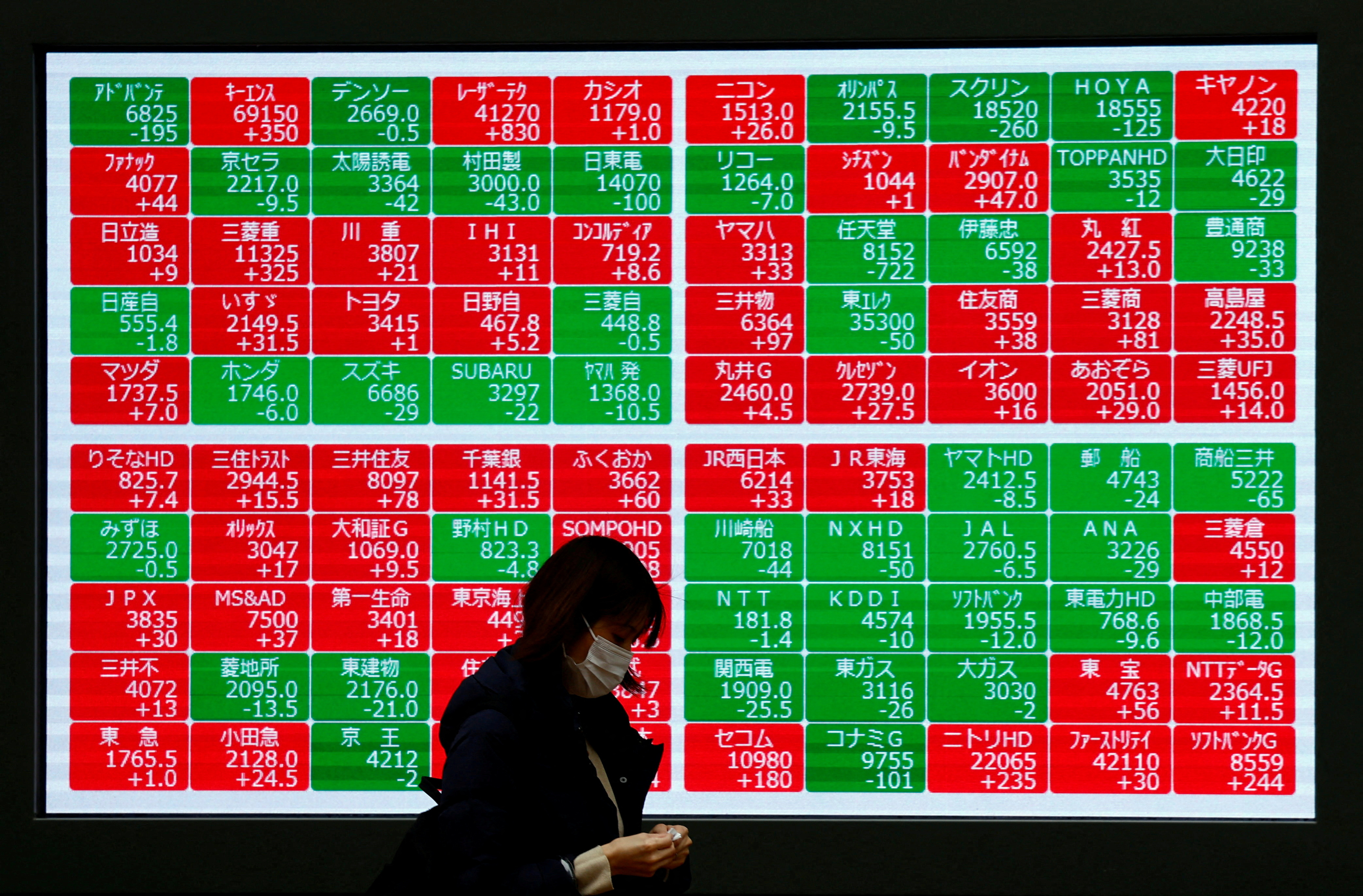Federal Judge Denies Injunction Against Sanctions on University of Pennsylvania Law Professor
Background and Context
On June 23, 2025, Senior U.S. District Judge Timothy Savage of the Eastern District of Pennsylvania issued an opinion refusing to block sanctions imposed on Professor Amy Wax of the University of Pennsylvania Carey Law School. The sanctions stem from allegations of discriminatory and disparaging statements made by Professor Wax, which the university found to violate its community standards.
Details of the Sanctions
- Half-pay suspension with full benefits for the 2025-2026 academic year.
- Public reprimand.
- Revocation of named chair position.
- Permanent blocking of summer pay.
Alleged Conduct Cited by the University
- Professor Wax told a Black student that “You can have two plants that grow under the same conditions, and one will just grow higher than the other,” in response to a question about racial inferiority.
- She asserted on a panel that “our country will be better off with more whites and fewer nonwhites.”
- In an interview with The New Yorker, she claimed “women, on average, are less knowledgeable than men” and “less intellectual than men.”
- She stated that Black people have “different average IQs” than other races and will not be “evenly distributed throughout all occupations.”
- She said Asian people lack “thoughtful and audacious individualism,” and that “the United States is better off with fewer” Asian individuals.
Judicial Reasoning
Judge Savage concluded that Professor Wax failed to demonstrate that the harm to her reputation was imminent or irreparable. The judge noted:
- The public nature of the sanctions and reprimand.
- The announcement of the suspension and related penalties.
- The fact that an injunction would not erase the public record of disciplinary actions.
Monetary damages, if any, were identified as the appropriate remedy rather than injunctive relief.
Legal Claims and Ongoing Issues
Professor Wax has filed a lawsuit alleging breach of contract, racial discrimination, and false light invasion of privacy. The case highlights significant challenges related to upholding institutional values and the principles of equality and non-discrimination, which align with the Sustainable Development Goals (SDGs), particularly:
- SDG 4: Quality Education – Ensuring inclusive and equitable quality education and promoting lifelong learning opportunities for all.
- SDG 10: Reduced Inequalities – Reducing inequality within and among countries, including combating discrimination.
- SDG 16: Peace, Justice and Strong Institutions – Promoting just, peaceful, and inclusive societies and accountable institutions.
Implications for Academic Institutions and SDGs
The case underscores the responsibility of academic institutions to foster environments that respect diversity and uphold human rights, directly contributing to the achievement of the SDGs. It also illustrates the legal and ethical complexities involved in balancing freedom of speech with the need to prevent discriminatory practices.
Related Coverage
- Penn Law is Quicker to Discipline Whites Than Minorities, Controversial Professor Alleges in Lawsuit
- Dean Requests Discipline Against Penn Law Professor Citing Statements Made While Teaching and in Interviews
1. Sustainable Development Goals (SDGs) Addressed or Connected to the Issues Highlighted in the Article
- SDG 4: Quality Education
- The article discusses issues within a university setting, specifically concerning discriminatory statements by a law professor, which impacts the quality and inclusiveness of education.
- SDG 5: Gender Equality
- The professor’s statements about women’s intellectual capacities relate to gender discrimination and inequality.
- SDG 10: Reduced Inequalities
- The article highlights racial discrimination and disparaging statements against Black and Asian people, which connects directly to reducing inequalities within society.
- SDG 16: Peace, Justice and Strong Institutions
- The legal actions, sanctions, and judicial decisions reflect the enforcement of justice and institutional accountability.
2. Specific Targets Under Those SDGs Identified Based on the Article’s Content
- SDG 4: Quality Education
- Target 4.7: Ensure that all learners acquire knowledge and skills needed to promote sustainable development, including human rights and gender equality.
- SDG 5: Gender Equality
- Target 5.1: End all forms of discrimination against all women and girls everywhere.
- SDG 10: Reduced Inequalities
- Target 10.3: Ensure equal opportunity and reduce inequalities of outcome, including eliminating discriminatory laws and practices.
- SDG 16: Peace, Justice and Strong Institutions
- Target 16.3: Promote the rule of law at the national and international levels and ensure equal access to justice for all.
- Target 16.6: Develop effective, accountable and transparent institutions at all levels.
3. Indicators Mentioned or Implied in the Article to Measure Progress Towards the Identified Targets
- SDG 4 Indicators
- Indicator 4.7.1: Extent to which education for sustainable development and global citizenship is mainstreamed at all levels in curricula and teacher education.
- Implied through the university’s disciplinary actions to uphold inclusive education standards.
- SDG 5 Indicators
- Indicator 5.1.1: Whether or not legal frameworks are in place to promote, enforce and monitor equality and non-discrimination on the basis of sex.
- Implied through the university’s sanctions against gender-discriminatory statements.
- SDG 10 Indicators
- Indicator 10.3.1: Proportion of population reporting discrimination or harassment based on personal characteristics.
- Implied by the university’s recognition and sanctioning of discriminatory conduct.
- SDG 16 Indicators
- Indicator 16.3.1: Proportion of victims of violence in the previous 12 months who reported their victimization to competent authorities or other officially recognized conflict resolution mechanisms.
- Indicator 16.6.2: Proportion of the population satisfied with their last experience of public services.
- Implied by the judicial process and institutional disciplinary measures described in the article.
4. Table of SDGs, Targets and Indicators
| SDGs | Targets | Indicators |
|---|---|---|
| SDG 4: Quality Education | 4.7: Ensure all learners acquire knowledge and skills for sustainable development, including human rights and gender equality. | 4.7.1: Extent to which education for sustainable development and global citizenship is mainstreamed in curricula and teacher education. |
| SDG 5: Gender Equality | 5.1: End all forms of discrimination against women and girls everywhere. | 5.1.1: Existence of legal frameworks promoting, enforcing, and monitoring equality and non-discrimination on the basis of sex. |
| SDG 10: Reduced Inequalities | 10.3: Ensure equal opportunity and reduce inequalities of outcome, including eliminating discriminatory laws and practices. | 10.3.1: Proportion of population reporting discrimination or harassment based on personal characteristics. |
| SDG 16: Peace, Justice and Strong Institutions |
16.3: Promote rule of law and ensure equal access to justice for all. 16.6: Develop effective, accountable and transparent institutions. |
16.3.1: Proportion of victims reporting victimization to competent authorities. 16.6.2: Proportion of population satisfied with their last experience of public services. |
Source: abajournal.com







